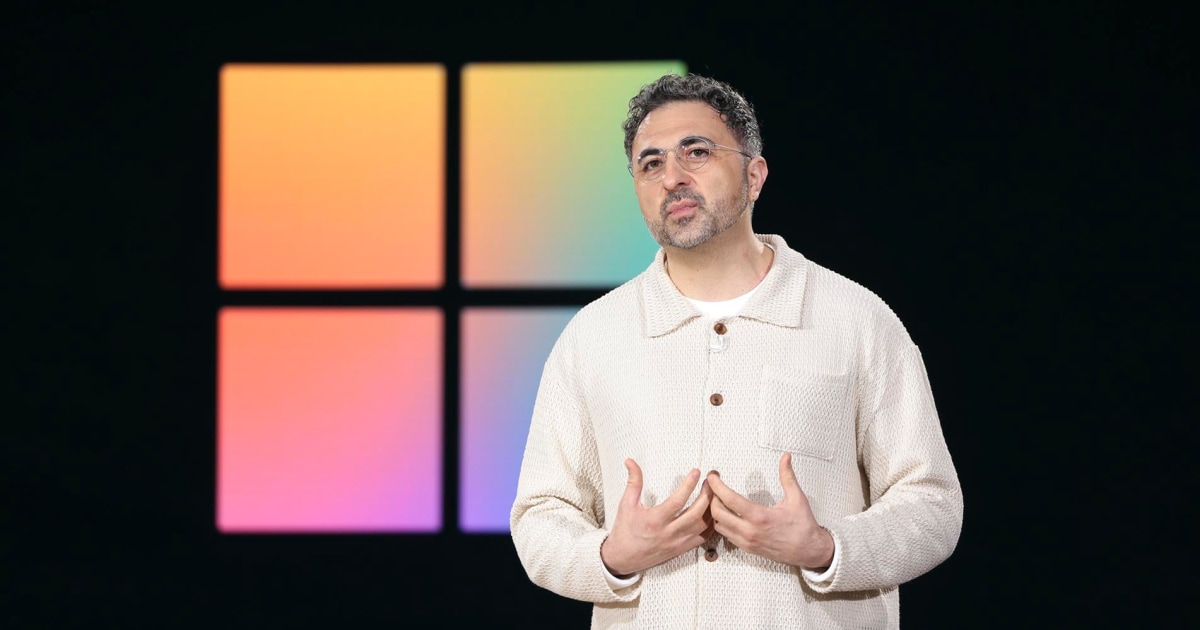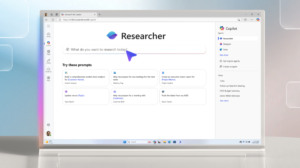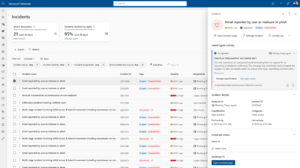Pro-Palestinian Activist Disrupts Microsoft AI CEO at Event

Protest at Microsoft AI Event
Incident Overview
A recent event at Microsoft’s headquarters in Redmond, Washington, was disrupted by a pro-Palestinian protester during a presentation by Mustafa Suleyman, the CEO of Microsoft AI. The protester accused the company of selling artificial intelligence technologies to the Israeli military, highlighting a broader debate about technology companies’ roles in global conflicts.
Key Moments from the Protest
During the presentation, the protester vocally expressed their concerns, stating, "You claim that you care about using AI for good, but Microsoft sells AI weapons to the Israeli military. Fifty-thousand people have died … all of Microsoft has blood on its hands. How do you all celebrate when Microsoft is killing children? Shame on you all." This passionate outburst highlighted intense feelings surrounding corporate responsibility and ethical practices in the tech industry.
Mustafa Suleyman acknowledged the protest, responding with, "Thank you, I hear your protest." The protester countered, insisting that he was not truly being heard. Following the incident, a Microsoft spokesperson confirmed to NBC News that measures were taken to remove the protester from the venue, reiterating the company’s position on allowing diverse expressions of opinion while maintaining a disruption-free environment.
Microsoft’s Stance
In a statement about the event, a Microsoft spokesperson emphasized the company’s commitment to upholding integrity in its business practices. The spokesperson mentioned, "We provide many avenues for all voices to be heard. Importantly, we ask that this be done in a way that does not cause a business disruption." This reflects Microsoft’s ongoing struggle to balance corporate policies with public sentiment and accountability.
Context of the Protest
The incident occurred during Microsoft’s 50th Anniversary Copilot Event, where new features of its AI service, Copilot, were introduced. The livestream of the event was later made private following the protests, indicating the company’s sensitivity to reputational issues arising from such disruptions.
The pro-Palestinian Boycott, Divestment, and Sanctions Movement (BDS) has frequently criticized Microsoft, suggesting that the company provides technology to Israel that is utilized for serious human rights violations, including allegations of apartheid and other crimes against humanity. This highlights a significant intersection of technology, ethics, and international relations.
Allegations and Military Use of Technology
Recent reports have raised concerns regarding the use of Microsoft technology by the Israeli military. Following the October 7, 2023, attack by Hamas, it was reported that the Israeli military increasingly depended on Microsoft’s Azure platform to gather surveillance information. While the Israeli government denies accusations of genocide, these claims contribute to the heated rhetoric around the usage of technology in conflict zones.
Despite repeated inquiries, Microsoft has often declined to comment on allegations regarding their technologies’ involvement in military operations. This silence speaks to the complexities tech companies face when navigating contentious geopolitical issues.
Broader Implications
The protest reflects a growing sentiment among activists and the public who demand greater accountability from tech companies regarding their products and their impact on global issues. As technology continues to play a vital role in military operations and conflicts, stakeholders endure pressure to ensure ethical practices and prioritize human rights in their business dealings.
The incident at Microsoft exemplifies the tumultuous relationship between innovation, responsibility, and the ethical obligations that corporations face as they contribute to societal challenges. As discussions about the role of technology in warfare and civilian life intensify, incidents such as this will likely continue to reshape conversations around corporate ethics and accountability.






